Marine Aluminum Pipe Elbow for Waste Heat Exhaust Systems
In the demanding environment of marine engineering, selecting the right components for waste heat exhaust systems is decisive for both efficiency and durability. Among the critical components, Marine Aluminum Pipe Elbows is know due to their corrosion resistance, lightweight benefits, and superior thermal performance.
Why Marine Aluminum Pipe Elbows?
Waste heat exhaust systems on ships operate under extreme conditions, with exhaust gases reaching very high temperatures and varying pressures. Standard fittings, often made from stainless steel or traditional alloys, can succumb to thermal fatigue, corrosion, and biofouling. Marine aluminum pipe elbows, on the other hand, owe their excellent performance to aluminum alloys specifically formulated for marine environments, exhibiting:
- High strength-to-weight ratio: Reduces overall weight of the exhaust system, leading to fuel savings.
- Excellent corrosion resistance: Particularly against seawater and marine atmosphere, minimizing maintenance.
- Thermal conductivity: Promotes improved heat dissipation within the exhaust system.
- Fabricability: Allows for precise forming into various elbow angles and geometries for system optimization.
Alloy Composition and Chemical Properties
The backbone of the product lies in aluminum alloys specially tempered and engineered for marine exhaust systems. Typically, 5083 and 6061 series aluminum alloys excel in marine environments. Below is the chemical composition (in weight %) frequently used for these pipe elbows.
| Element | 5083 Alloy (Typical) | 6061 Alloy (Typical) |
|---|---|---|
| Aluminum (Al) | Balance | Balance |
| Magnesium (Mg) | 4.0 - 4.9 | 0.8 - 1.2 |
| Manganese (Mn) | 0.4 - 1.0 | 0.15 - 0.4 |
| Silicon (Si) | 0.4 | 0.4 - 0.8 |
| Iron (Fe) | 0.4 | 0.7 |
| Copper (Cu) | 0.1 | 0.15 - 0.4 |
| Chromium (Cr) | 0.05 - 0.25 | 0.04 - 0.35 |
| Zinc (Zn) | 0.25 | 0.25 |
| Titanium (Ti) | 0.05 | 0.15 |
These components ensure the pipe elbows retain tensile strength while resisting chloride-induced corrosion, a prevalent problem in marine piping.
Tempering and Mechanical Parameters
Tempering plays a critical role by optimizing the alloy's mechanical properties to balance strength, ductility, and corrosion resistance.
- 5083 Pipe Elbows: Typically treated in the H321 temper (strain-hardened and stabilized). This process enhances resistance to stress corrosion cracking and ensures good weldability and thermal stability.
- 6061 Pipe Elbows: Usually used in the T6 temper, employing solution heat treatment and artificial aging. This results in a strong, durable elbow ideal for variable thermal loads.
| Parameter | 5083-H321 Alloy | 6061-T6 Alloy |
|---|---|---|
| Tensile Strength | 275 - 350 MPa | 290 - 310 MPa |
| Yield Strength | 145 - 215 MPa | 240 MPa |
| Elongation at Break | 12-18% | 8 - 10% |
| Hardness (Brinell) | 70 - 90 | 95 - 115 |
| Density | ~2.66 g/cm³ | ~2.70 g/cm³ |
Implementation Standards for Marine Use
Marine aluminum pipe elbows are manufactured abiding by international standards to ensure safety and performance quality:
- EN 488:1995 — Specification for aluminum alloy circular tubes for marine piping systems.
- ISO 8992 — About weldable aluminum alloys for marine applications.
- American Bureau of Shipping (ABS) Rules — Class requirements related to marine piping materials.
- ASTM B241 / B241M — Standard specification for aluminum and aluminum-alloy seamless pipe and tube.
These compliance guidelines underline manufacturing precision, chemical composition limits, mechanical testing protocols, and corrosion resistance parameters.
Applications in Waste Heat Exhaust Systems
Marine aluminum pipe elbows are engineered not only for structuring exhaust pipes but also to contribute actively to thermal management:
- Improving fluid dynamics due to precisely controlled radius and bend shapes.
- Reducing weight while maintaining structural integrity improves ship stability and fuel economy.
- Their natural oxide layer protects exhaust ducts from extensive saline corrosion and scaling, extending the lifespan and reducing system downtime.
- Facilitate integration with other aluminum components, creating uniform thermal expansion and contraction behavior, minimizing leakage or cracking under thermal cycling.
Related Products
Marine aluminum square tubes
Marine Grade Aluminum Square Tubes are typically constructed from marine-grade alloys such as 5083, 5052, 6061, and 6082—well-known for their ability to withstand the aggressive effects of saltwater and marine atmospheres.
View DetailsMarine aluminum round tubes
Marine Grade Aluminum Round Tubes are manufactured from premium marine alloys such as 5083, 5052, 6061, and 6082, all selected for their proven resistance to seawater corrosion and marine atmosphere degradation.
View DetailsCustom marine aluminum profile tubes
Custom Marine Grade Aluminum Profile Tubes are manufactured from premium marine aluminum alloys such as 5083, 5052, 6061, and 6082.
View DetailsMarine aluminum rectangular tubes
Marine Grade Aluminum Rectangular Tubes are made from high-performance alloys such as 5083, 5052, 6061, and 6082. These alloys are renowned for their ability to resist corrosive seawater and marine atmospheres while providing excellent mechanical strength and toughness.
View Details6061-T6 90-Degree Marine Aluminum Pipe Elbow
Manufactured from premium 6061-T6 marine-grade aluminum alloy, this elbow fitting is engineered to provide reliable and efficient pipe direction changes within shipbuilding, offshore platforms, and marine infrastructure systems.
View DetailsRelated Blog
Marine Aluminum Elbow for Saltwater Intake and Pumping Systems
Our Marine Aluminum Elbow designed specifically for saltwater intake and pumping systems—engineered for maximum corrosion resistance, durability, and strength in harsh marine environments.
View DetailsMarine Aluminum Elbow for Combustion Air Supply Systems
In the demanding environment of marine vessels, reliable components contribute immensely to safety, efficiency, and longevity. Among such vital parts.
View DetailsHigh Temperature Marine Aluminum Elbow for Power Plant Piping
In the demanding environments of power plant piping systems, particularly those situated in marine locations, the need for corrosion-resistant, heat-tolerant, and mechanically robust pipe fittings is critical.
View Details6082 Marine Aluminum Round Tubes for Offshore Construction
In the demanding arena of offshore construction, selecting materials that combine strength, corrosion resistance, and manufacturability is crucial for ensuring durability and safety.
View Details5083 Marine Aluminum Tubes for Saltwater Environment Durability
When it comes to marine applications, durability, corrosion resistance, and mechanical performance are paramount for structural materials. Among the various aluminum alloys available, 5083 aluminum alloy stands out as a premium choice.
View DetailsCustomized Marine Aluminum Pipe Elbow for Marine Applications
Our high-performance Customized Marine Aluminum Pipe Elbows designed for demanding marine applications. Superior corrosion resistance, precision manufacturing, and compliance with marine standards ensure durability and optimal functionality in seawater en
View Details

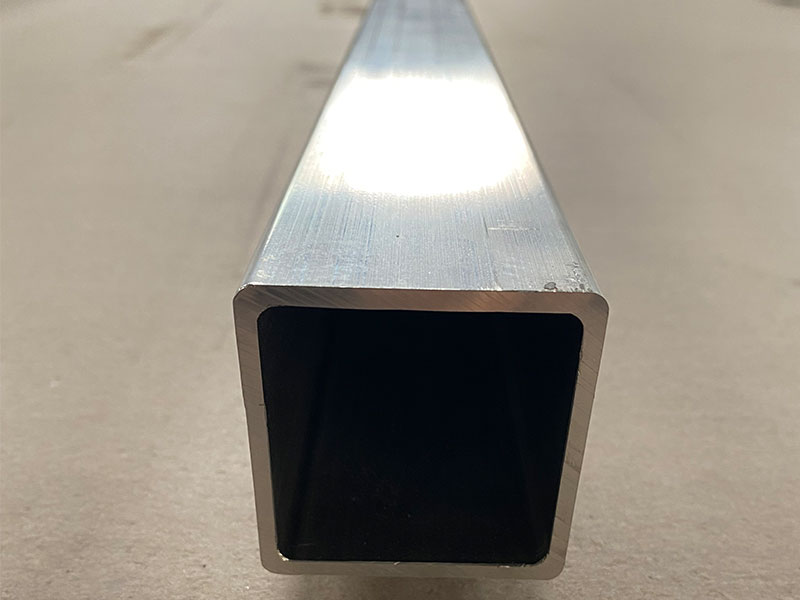
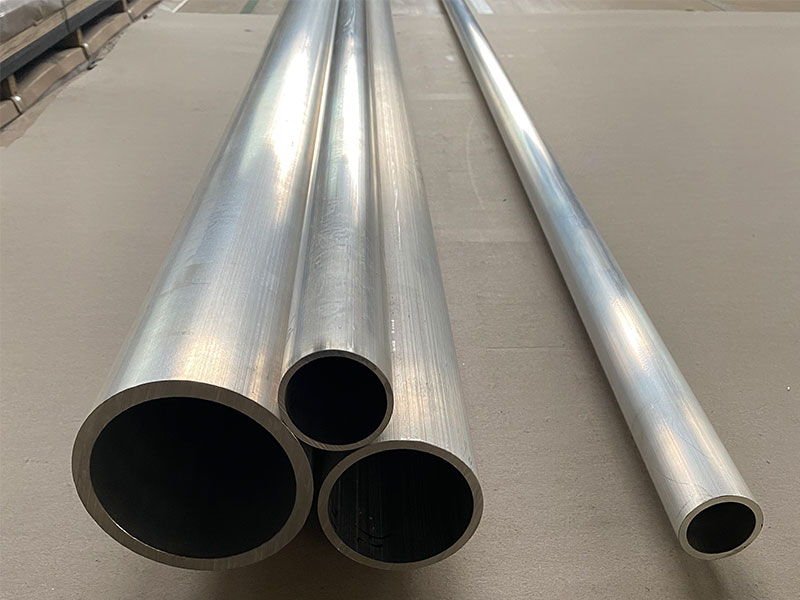
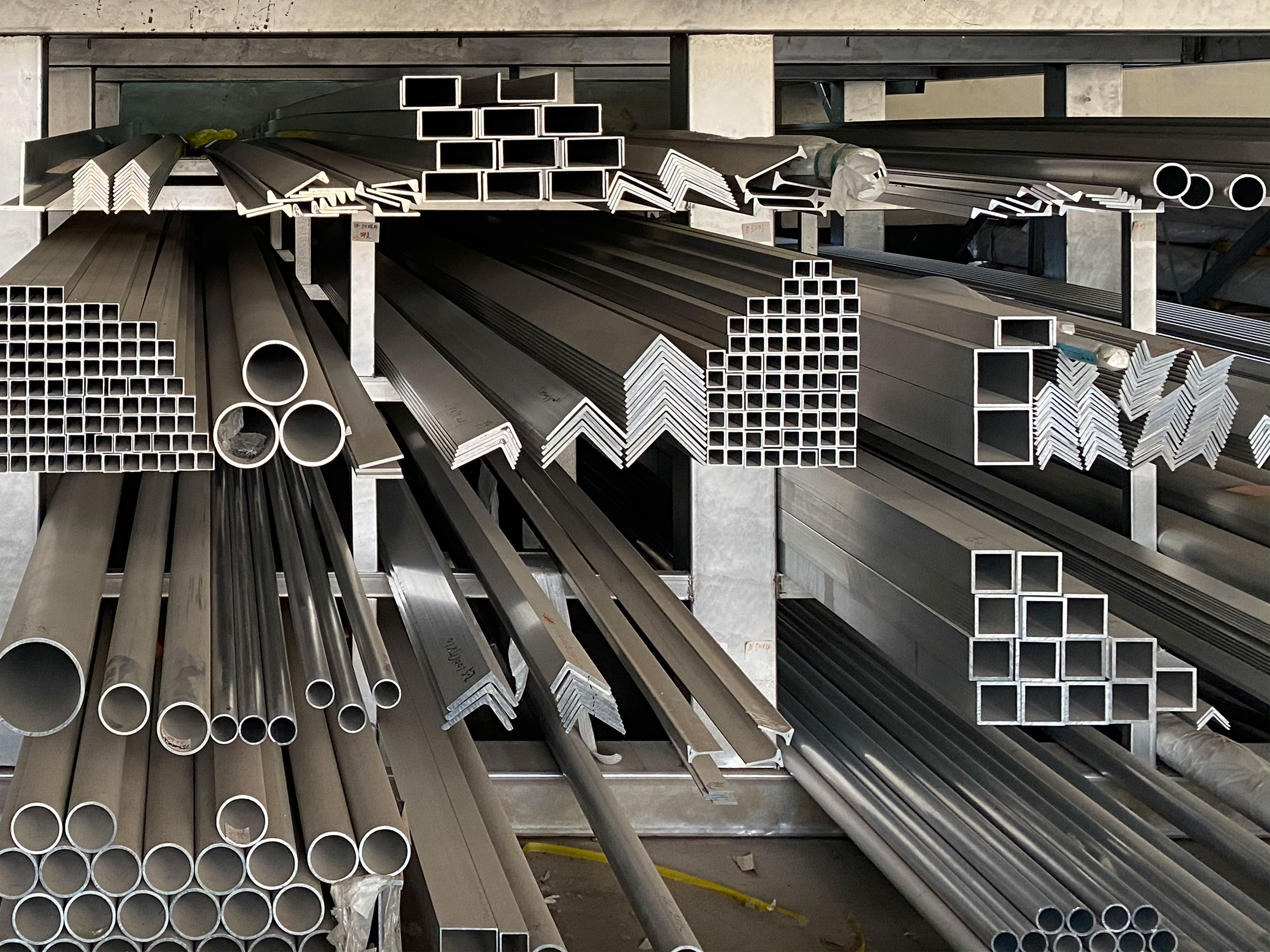
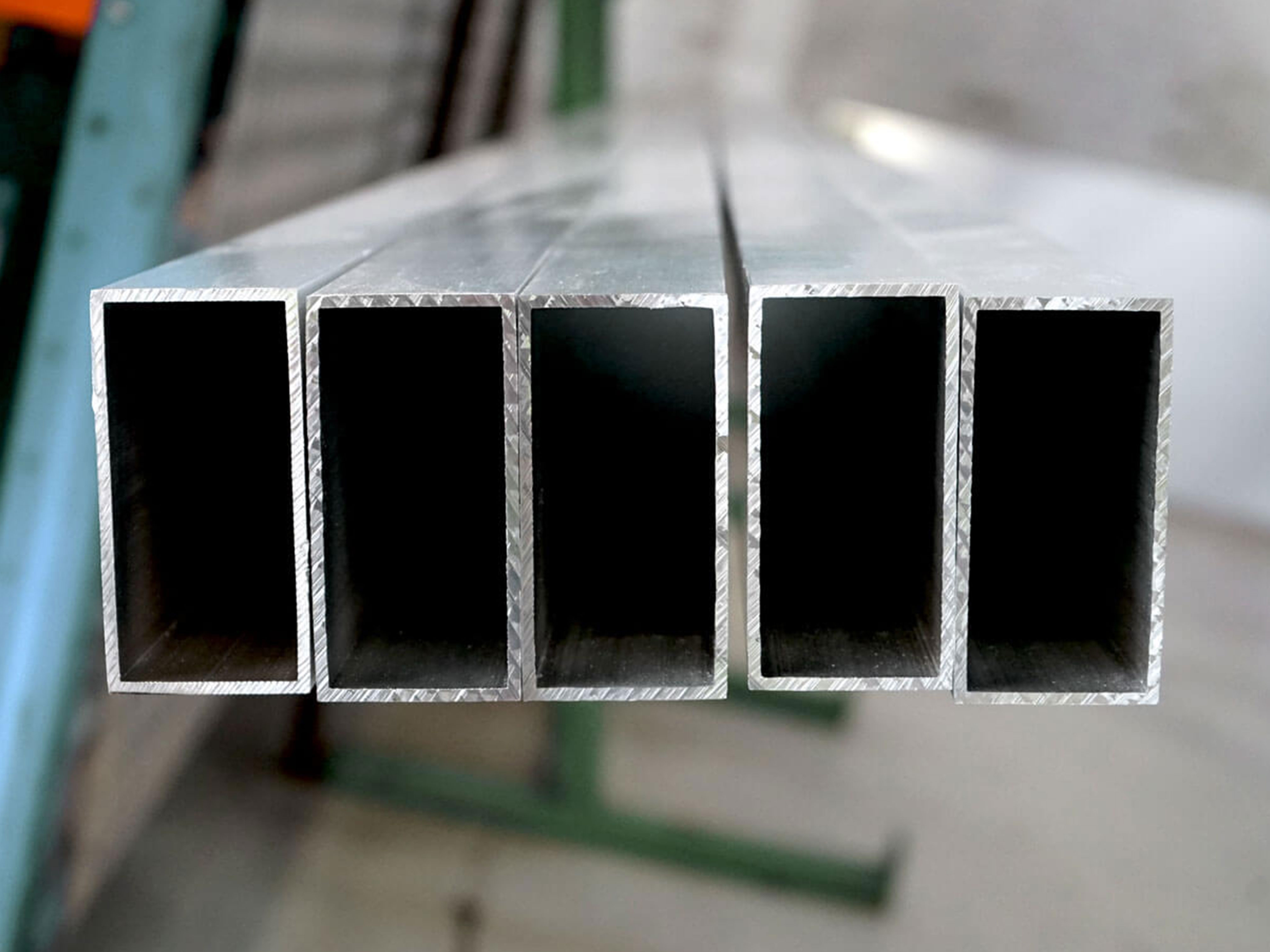
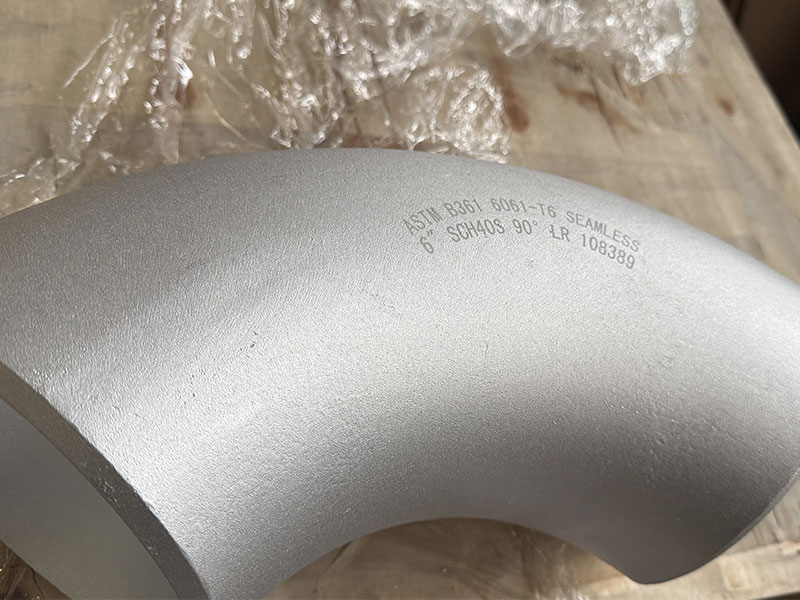





Leave a Message